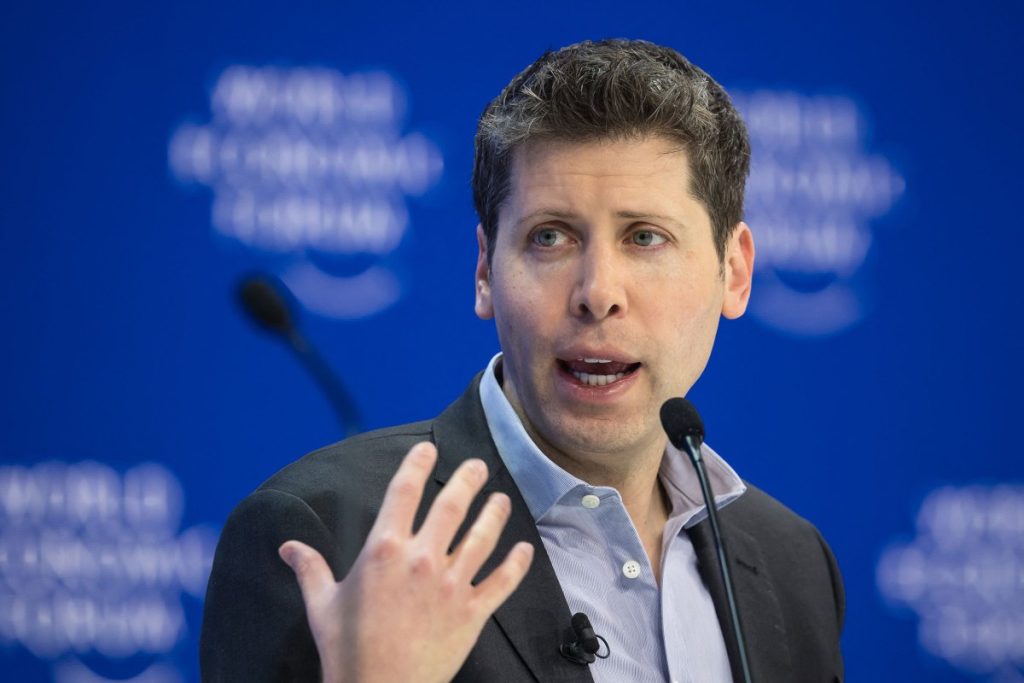Toward the end of March, OpenAI said it intended to release its first “open” language model since GPT‑2 sometime this year. Now, details about that model are beginning to trickle out from the company’s sessions with the AI developer community.
Aidan Clark, OpenAI’s VP of research, is leading development of the open model, which is in the very early stages, sources familiar with the proceedings told TechCrunch. The company is aiming to release the model — a reasoning model along the lines of its o-series models — in early summer, and wants to make sure it tops benchmarks versus other open reasoning models.
OpenAI is exploring a highly permissive license for the model with few usage or commercial restrictions, the sources said. Open models like Llama and Google’s Gemma have been criticized by some in the community for imposing onerous requirements — criticisms that OpenAI is seemingly seeking to avoid.
The ChatGPT maker is facing increasing pressure from rivals, such as Chinese AI lab DeepSeek, that have adopted an open approach to launching models. In contrast to OpenAI’s strategy, these “open” competitors make their models available to the AI community for experimentation and, in some cases, commercialization.
It has proven to be a wildly successful strategy for some outfits. Meta, which has invested heavily in its Llama family of open AI models, said in early March that Llama has racked up over 1 billion downloads. Meanwhile, DeepSeek has quickly amassed a large worldwide user base and attracted the attention of investors.
Sources told TechCrunch that OpenAI intends for its open model, which will be “text in, text out,” to run on high-end consumer hardware, and possibly allow developers to toggle its “reasoning” on or off, similar to reasoning models recently released by Anthropic and others. If the launch is well-received, OpenAI may follow up with additional models — potentially smaller models as well.
OpenAI’s CEO Sam Altman has previously said he thinks OpenAI has been on the wrong side of history when it comes to open-sourcing its technologies.
“[I personally think we need to] figure out a different open source strategy,” Altman said during a Reddit Q&A in January. “Not everyone at OpenAI shares this view, and it’s also not our current highest priority […] We will produce better models [going forward], but we will maintain less of a lead than we did in previous years.”
Altman has also said OpenAI’s upcoming open model will be thoroughly red-teamed and evaluated for safety. Sources tell TechCrunch that the company intends to release a model card for the model — a thorough technical report showing the results of OpenAI’s internal and external benchmarking and safety testing.
“[B]efore release, we will evaluate this model according [to] our preparedness framework, like we would for any other model,” Altman said in a post on X last month. “[A]nd we will do extra work given that we know this model will be modified post-release.”
OpenAI has raised the ire of some AI ethicists for reportedly rushing the safety testing of its recent models, and for failing to release model cards for others. Altman also stands accused of misleading OpenAI executives about model safety reviews prior to his brief ouster in November 2023.
We’ve reached out to OpenAI for comment and will update this piece if we hear back.


1 Comment
89ei6f